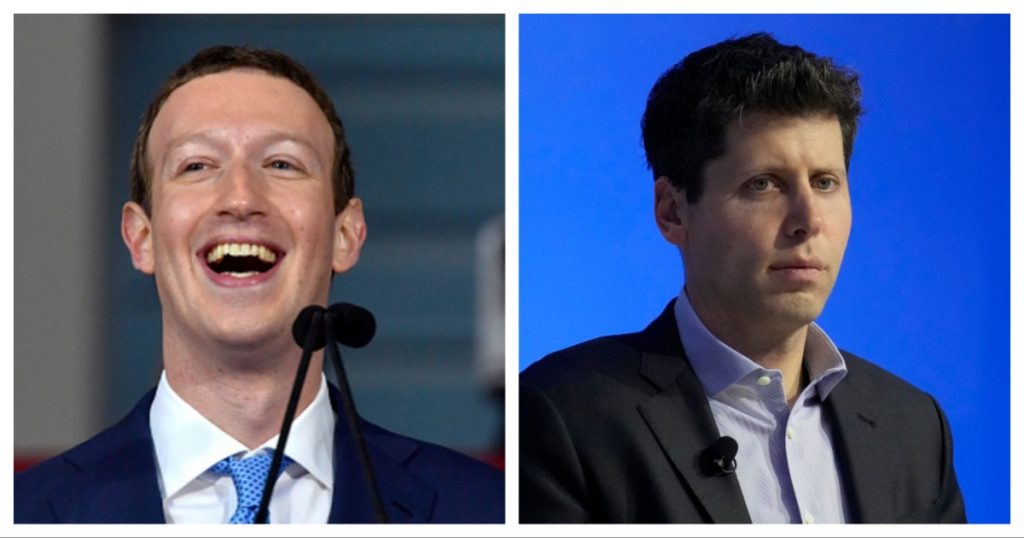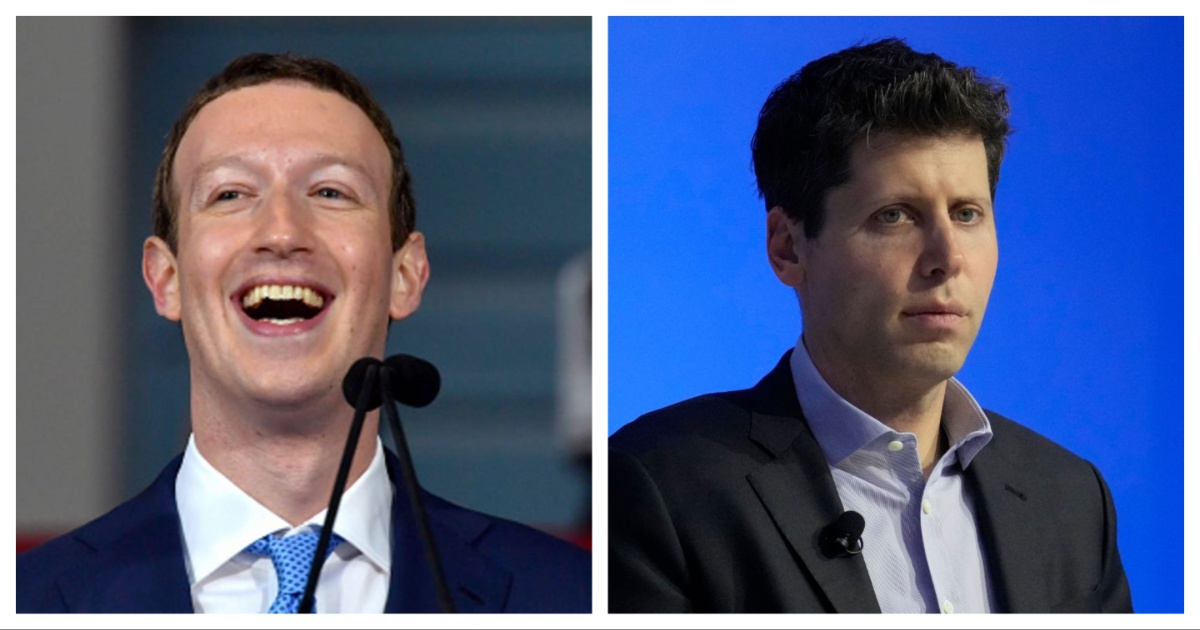Meta might have been lagging in the AI race, but it’s looking to make amends — and it’s eyeing the top talent from the competition to do so.
Meta has poached at least 8 top researchers from OpenAI in the last week alone. Meta has hired Lucas Beyer, Alexander Kolesnikov and Xiaohua Zhai, who were responsible for establishing OpenAI’s office in Zurich, Switzerland last year. In addition, Meta has snagged Trapit Bansal from OpenAI. Most recently, The Information reported that Meta has managed to pull away Jiahui Yu, Hongyu Ren, Shuchao Bi and Shengjia Zhao from the company.

The three researchers based out of Zurich were former Google DeepMind employees who’d moved to OpenAI not long ago. They will continue to work out of Zurich, and set up Meta’s office in the city. Trapit Bansal had worked with Ilya Sutskever on OpenAI’s reasoning models, and is highly regarded. The four latest defectors too were crucial to OpenAI’s plans — Jiahui Yu led o3, o4-mini andGPT-4.1; Hongyu Ren was the creator of o3-mini & o1-mini and a core contributor to o1; Shuchao Bi was the head of post-training multimodal organization, and Shengjia Zhao was a key contributor to GPT-4 & o1. Two weeks ago, Meta had acquired a large stake in Scale AI for $14 billion, and hired its CEO, Alexandr Wang, to lead its superintelligence efforts.
The news of all this movement of talent from OpenAI to Meta comes days after OpenAI CEO Sam Altman had said that Meta was offering joining bonuses of $100 million to its talent. He’d also said that the “best” OpenAI researchers weren’t interested, because they were more focused on OpenAI’s mission. He’d also claimed that Meta would find it hard to build an effective company culture by just spending large sums of money on poaching talent.
It appears that Altman’s assertion of $100 million joining bonuses might not have been true — senior Meta executives said as much — but it was a smart strategy. With a $100 million figure going around, OpenAI researchers approached by Meta would’ve demanded similar amount for themselves, which would’ve made it hard for Meta to hire them. Also, an outlandish figure of $100 million per researcher made OpenAI’s own talent appear that much more valuable to the outside world.
But it’s likely that Meta is indeed spending vast amounts of money to get access to top AI talent. Meta’s own AI efforts had been seen to be sputtering in recent months after the underperformance of the latest iterations of its Llama models. Mark Zuckerberg seems to realize how crucial it might be to win AI to secure the future of his company, and is willing to bet large sums of money to have the best shot at superintelligence. And in the meantime, AI researchers are making merry — the biggest tech companies in the world are courting them with eye-popping offers that would’ve been unthinkable prior to the AI revolution.
